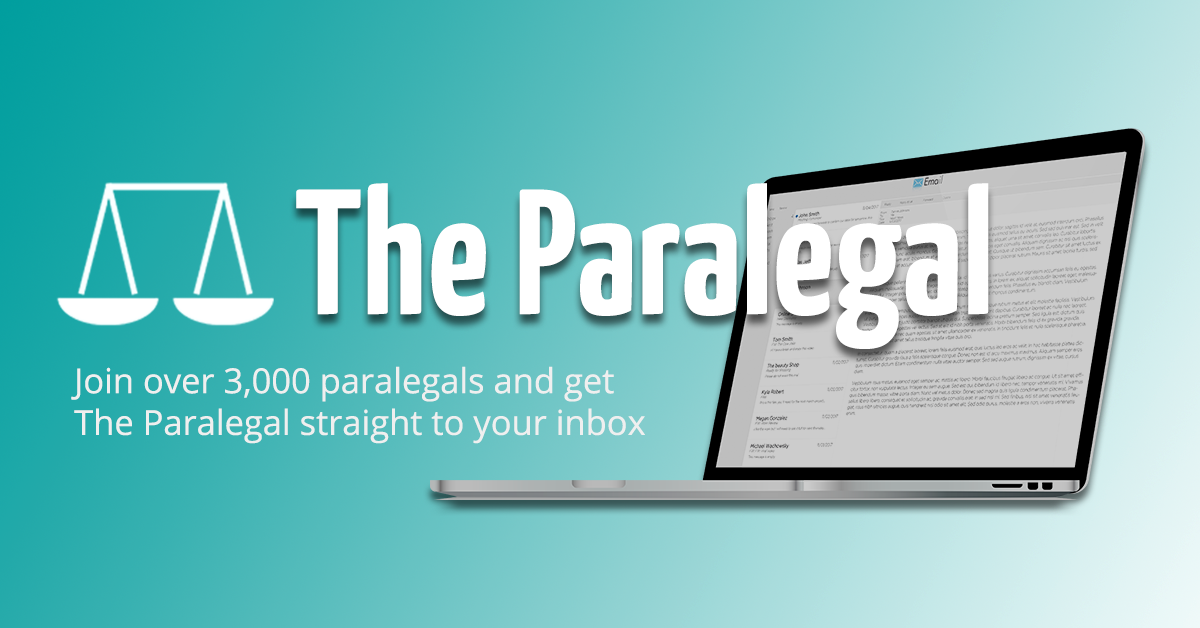Competency Standards
Paralegals cannot credibly claim to be a distinct professional group without having in place the things that government and business expect of genuine professions. The Institute of Paralegals is the only organisation to have produced professional standards for Paralegals, where competency has been mapped to the National Occupational Standards for Legal Services.
The PPR, the over-arching voluntary regulator for the profession have approved these standards as being the benchmark for those regulated by them.
The PS are divided into Core Competencies; Technical Competencies and Behavioural Competencies.
Employers can use the professional standards to help with risk management; better delegation of work; differentiating between levels of paralegal staff, to reduce PI insurance premiums and to create an internal career path for paralegal staff. The professional standards can also assist with staff appraisals; the creation of career, training and staff development plans and to undertake more effective recruitment and promotion exercises.
Individual paralegals can use the professional standards to measure their own progress, to help plan their own career/personal development.
1. Download a copy of the standards. Mark it up to show which standards you already meet. Identify those areas where you still need to improve and work on them. Take the document to your employer and use it as the basis of a discussion about your development.
2. If you are job-hunting, make up a copy and send it to prospective employers/recruitment consultants along with your CV. You will find that it is a good way to show your knowledge and skills in detail.
These are the standards that paralegals should use:
For Affiliate members of the Institute and non-members who have not yet gained any legal practice experience, or who have less than two years' practical experience of working as a Paralegal. This maps to Tier 1 on the Professional Paralegal Register(PPR).
For Associate members of the Institute who have gained a level 3 paralegal qualification or equivalent and/or has a minimum of one year’s legal practice experience. This maps to Tier 2 of the PPR.
For Qualified Paralegal members of the Institute who have a Level 6 qualification (Degree Level) AND have a minimum of 2 years legal or paralegal practice experience in the legal, public or private sector (or have achieved competency via the experiential route).
Accomplished Practitioners will have gained a ‘Master’ level of knowledge gained through qualifications/training and experience. This maps to Tier 3 of the PPR.
For Fellows of the Institute who have a Level 6 qualification or above such as a Law Degree or similar qualification (Degree Level) AND have a minimum of 4 years legal practice experience (or experiential route). The Expert Practitioner will have gained the highest level of knowledge and experience of law and procedures, and will be entitled to apply for Tier 4 on the PPR (or have proved knowledge and practice of the law via the experiential route).
These are available to all members in the membership area. Individuals and employers, who would like to receive a copy, please email [email protected] with your request.
We recommend that all Paralegal’s are enrolled on the PPR and are regulated via Paralegal Practising Certificates. The Institute and the PPR do not recognise the term ‘licence to practice’.
The IoP have also produced competency standards for legal secretaries as many of our aspiring Paralegals work as Legal Secretaries. These standards are available to download.
MEMBERSHIPS FAQ
sTANDARDS FOR PARALEGALS
REGULATIONS AND PROFESSIONAL CONDUCT

Code of Conduct

Complaints


